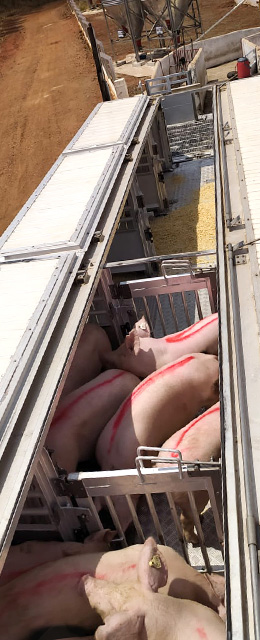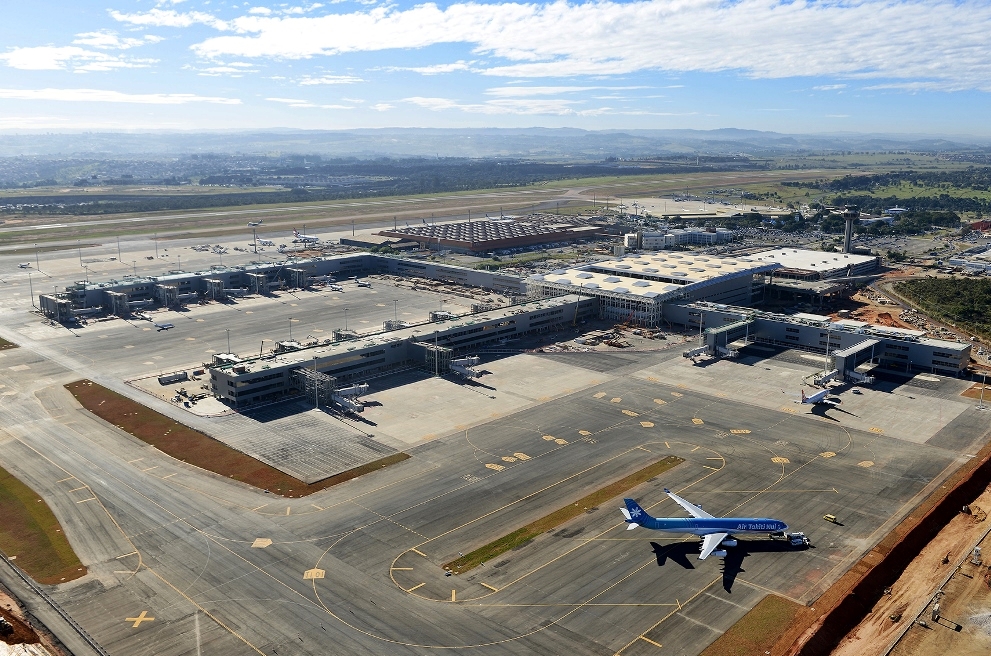The movement of live animals in ports and airports involves a series of administrative and sanitary procedures to ensure the security and well-being of the animals, as well as the prevention of diseases and pests. Some of the key aspects of this process include:

- Exports of live animals and animal multiplication materials, such as semen and embryos, are authorized by the Ministry of Agriculture, Livestock, and Supply (MAPA), through the issuance of an International Zoosanitary Certificate (CZI). This certificate confirms the compliance with the health requirements of the destination country;
- The CZI is issued by units of MAPA, such as the Animal Health Service, the Agricultural and Livestock Surveillance Service, and the Agricultural and Livestock Surveillance Unit, located in ports, airports, and border posts where the entry and exit of live animals are authorized;
- The exporter must submit an application to MAPA, with a minimum of 15 days in advance of the planned export date, providing information about the animals, transportation, destination, and required documentation. This documentation may include vaccination certificates, laboratory tests, and animal transit permits;
- The animals must undergo a clinical inspection before shipment, conducted by an official or MAPA-accredited veterinarian. This veterinarian will assess the health conditions, identification, and animal handling;
- The animals must be transported in vehicles suitable for the species, size, weight, and number of animals, ensuring ventilation, hygiene, safety, and their comfort;
- The animals must be provided with water, food, and absorbent material for their waste, sufficient for the entire transportation period. Additionally, instructions for handling, feeding, and hydrating the animals during transit must be also provided;
- The vehicle transporting the animals from the originating farm to the destination should be sealed by an official veterinarian, and this seal is verified at its final border point in Brazil by another official veterinarian before the animals proceed to the destination country.


